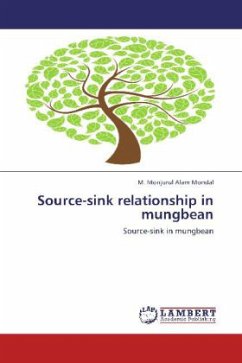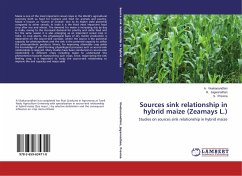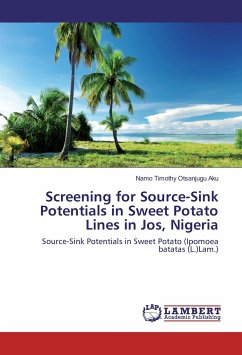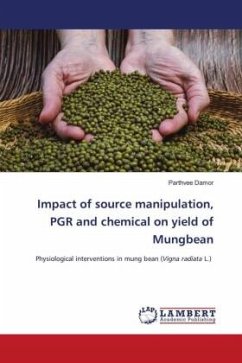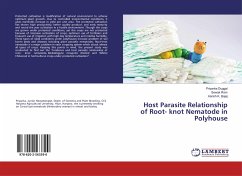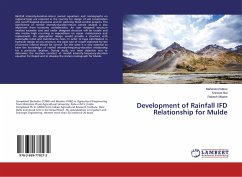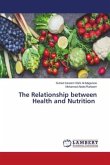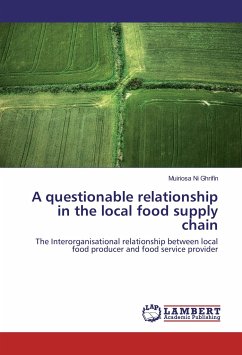A large proportion of flowers in mungbean plants abort that result lower yield. Leaf area appeared being the most important source determining total dry mass and seed yield. In contrast, number of flowers, pods and 100-seed weight constituted central important sinks and that these exerted direct positive influence on seed yield. Flowering pattern study revealed maximal flower production within 10-15 days after anthesis produced higher seed yield and that the number of flowers appeared more important than reproductive efficiency (% podset to opened flower). Results from defoliation and deflowering study revealed that induced source-sink levels altered total dry mass and seed yield and that mungbean plant compensated yield for 25% basal leaf (source) and 80% flower (sink) loss at early reproductive stage. Apart from source and sink limitation to yield, anatomical barrier for poor vasculatures, undeveloped xylem and phloem tissues at the narrow distal end of rachis in raceme also limited flower and pod production thereby seed yield. The results of the present study would have considerable implication in plant breeding and crop management practices.
Bitte wählen Sie Ihr Anliegen aus.
Rechnungen
Retourenschein anfordern
Bestellstatus
Storno

